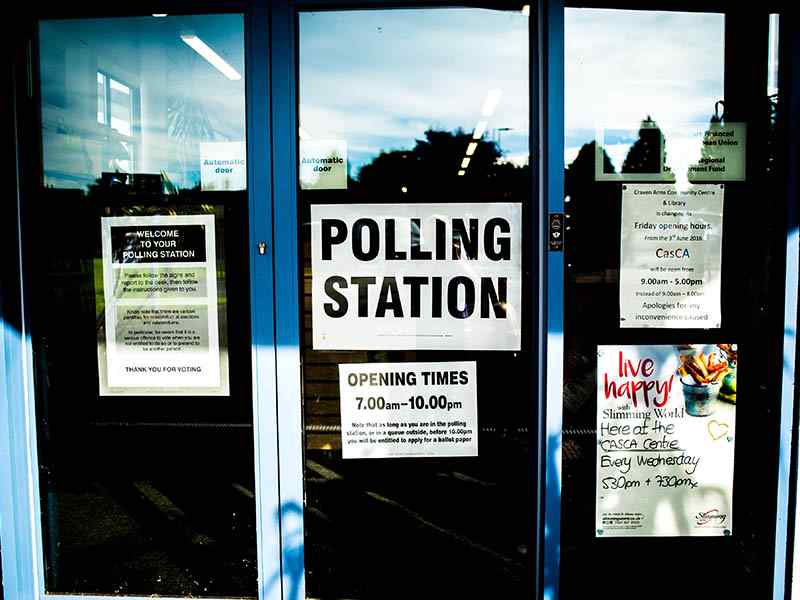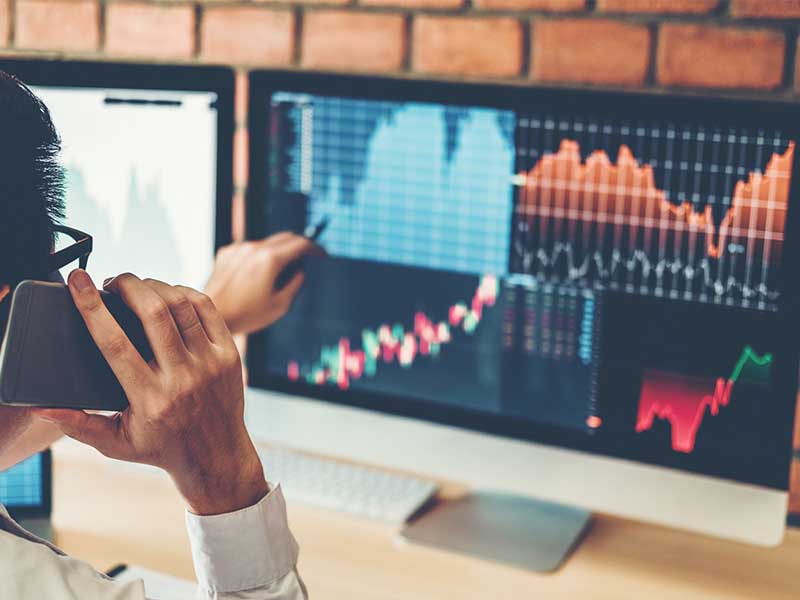
If you’re exploring forex trading for the first time, an economic calendar is an invaluable tool.
What does a forex calendar do?
A forex economic calendar lists all the scheduled data releases with the potential to impact the international financial markets.
These announcements can range from elections or changes in a company’s liquidity to GDP and interest rate decisions.
Each week, there are economic events of which every forex trader should make themselves aware.


What should you look out for?
Every event on an economic calendar is graded according to how much of an impact it’s likely to make on the financial system.
Grading ranges from ‘low’ (which doesn’t carry any special markings on the calendar), to ‘medium’ (marked with yellow), and ‘high’ (marked in red). Red events are likely to have a significant effect on the market.
With exposure to an economic calendar, you’ll get a feel for what days will see more or less volatility in the market and make trading decisions accordingly.
On the whole, GDP, non-farm payroll and unemployment announcements have the biggest impact on international markets.
A key point to bear in mind: it’s important not to get tunnel vision when it comes to the specific currencies you track and keep your eyes on the bigger picture.
For example, fluctuations in USD often have a huge international impact, and it’s important to be aware of the broader fluctuations that result.


The importance of staying up to date
Staying up to date with the economic calendar gives both beginners and advanced traders an edge in the market.
For novices, being aware of more volatile days will guide you on when to steer clear of trades. An economic calendar can also help less experienced traders understand how markets behave around the time of news releases – a critical and ongoing learning process.
More experienced traders also tend to avoid volatility around high-impact events.
Professional forex traders will close out their deals three to five minutes before a big announcement. They will also avoid making trades until any important information has been released.
These techniques help avoid ‘slippage’ – when you get a dramatically different price for your trade because of market movements between the time a trade is ordered and when it’s executed.
A Skrill account allows you to move funds quickly, reducing delays when moving your money on forex platforms.


Beyond the basics
Once you’ve been trading for a while and learned the basics of forex, you’ll get a feel for how economic events will affect your portfolio. You’ll also learn how to use times of uncertainty to your advantage.
Experience will also deepen your personal understanding of how certain events impact global markets.
The level of risk attributed to certain events changes depending on your source. With experience, you will be able to evaluate those risks for yourself.
Over time, you will move toward a stage where you can assign your own level of impact to financial news, giving you an advantage over less experienced traders.




